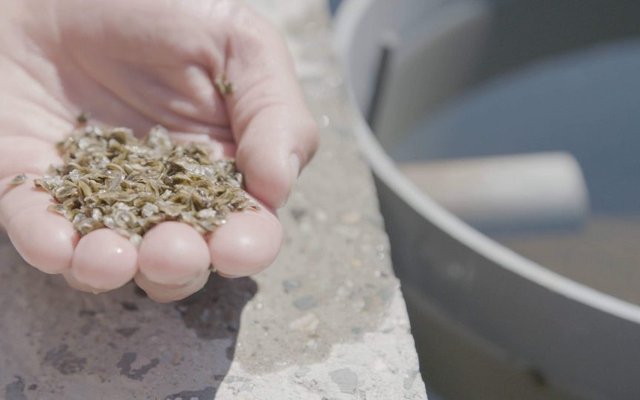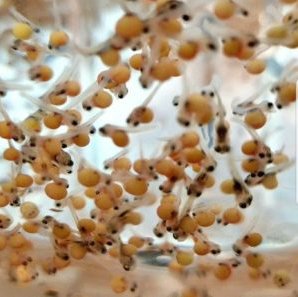L’Étang Ruisseau Bar Ltée (ERB), the main oyster hatchery seed supplier located in Shippagan, New Brunswick, Canada is teaming up with Université Laval scientists, Genome Atlantic and Génome Québec on a $3.8 million project using genomics to produce the first selectively bred Canadian strain of Eastern oyster. The project, Genomics for developing the first Canadian production ready strain of selectively bred Eastern oyster will be led by Louis Bernatchez of Université Laval and André Mallet of ERB, Eastern Canada’s largest oyster seed producer.
The oyster industry in Eastern Canada is expanding rapidly, registering revenues near $31 million in 2017, a 25% increase from 2016. However, this growth cannot be sustained by relying solely on wild-caught oyster spat. The project will use genomic tools like high-density SNP chips to create a breeding program that will select traits such as improved growth, better flesh quality and resistance to disease-traits that are difficult to improve using wild stocks and conventional methods. The end goal is to increase the profitability of oyster farms.
“Genomic tools offer the potential to greatly improve selective breeding of molluscs but unfortunately, the availability of genomic tools to enhance aquaculture production of the Eastern oyster has been lagging behind, compared to other oysters,” said Bernatchez. “This project, involving the collaboration of Université Laval and University of Chile, will allow our partners from ERB to substantially accelerate progress toward developing the first Canadian domesticated strain of eastern oyster with improved performance in growth and survival.”
‘’L’Étang Ruisseau Bar Ltd looks forward to collaborating with our partners in developing genomic selection tools for the Eastern oyster,” said Mallet. “By combining our expertise in oyster genetics and hatchery operation with our partners’ extensive experience in genomics, we will be able to produce high performance seed which will improve farm profitability and help us respond to a changing environment. This project will make a significant contribution towards ensuring the future of the Atlantic Canadian oyster industry, and we wish to thank the many funding partners that have made this project possible. ‘’
The project is funded by Genome Canada’s Genomic Applications Partnership Program (GAPP) with additional funding provided by L’Étang Ruisseau Bar Ltée; ministère de l’Économie et de l’innovation du Québec; Atlantic Fisheries Fund; University of Chile; and Mitacs Canada. The project will be managed by Genome Atlantic in partnership with Génome Québec.
Genome Atlantic is a not-for-profit corporation with a mission to help Atlantic Canada reap the economic and social benefits of genomics technologies. Since its inception in 2000, the corporation has worked with a range of private and public-sector partners to enable more than $100 million in new genomics R&D.













